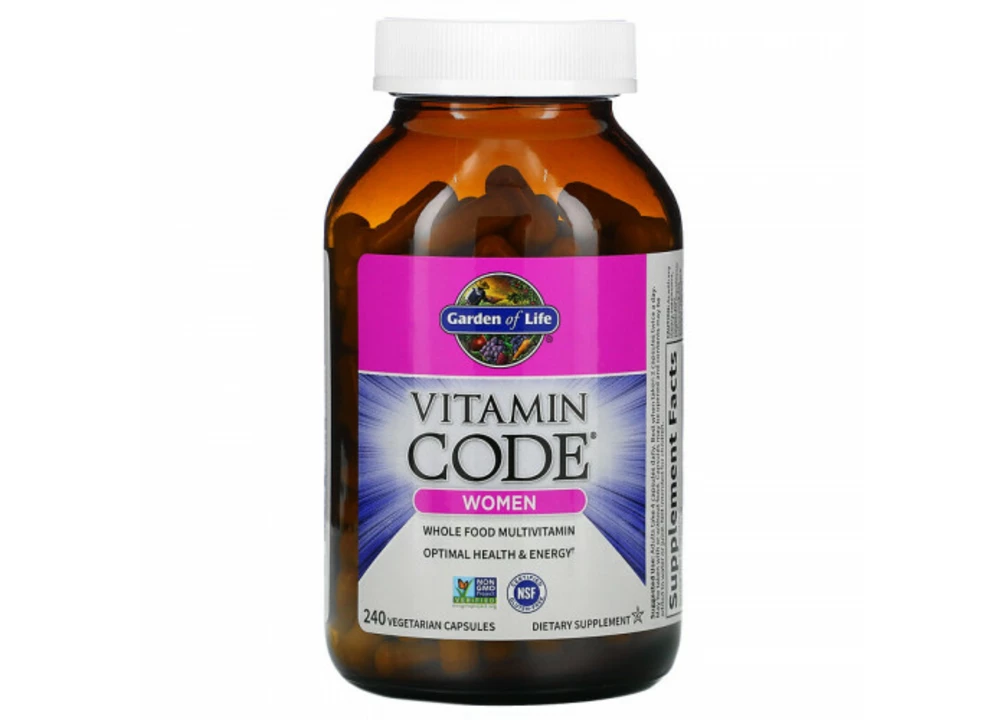Essential Supplement — What to Start With and Why
Want to feel better, sleep easier, or support digestion without guesswork? Start with a few reliable supplements that many people actually need. This page helps you pick practical, science-backed options, plus safety tips and links to deeper reads on Top-Meds.org.
Top essential supplements worth considering
Vitamin D — Many adults are low on vitamin D, especially in winter. A common maintenance dose is 1,000–2,000 IU daily, but check your level with a blood test first. Low D affects energy, mood, and bone health.
Omega‑3 (EPA/DHA) — Good for heart and brain health. Aim for a supplement that lists combined EPA and DHA (250–1000 mg daily is a general range). Look for molecularly distilled or third-party tested products to avoid heavy metals.
Probiotics — Not all probiotics are equal. Saccharomyces boulardii is a single-strain probiotic yeast with real evidence for preventing and treating some types of diarrhea and for general gut balance. Our article "Unlock the Benefits of Saccharomyces Boulardii for Gut Health" explains when it helps and how to use it.
Magnesium — Helps sleep, muscle cramps, and relaxation. Magnesium glycinate or citrate are common forms. Start with 200–400 mg at night and adjust based on tolerance.
Skin-support supplements — If you’re dealing with skin irritation, topical options like jewelweed are mentioned in "Jewelweed Supplements: The Hidden Gem in Natural Remedies." Coconut oil also has topical and dietary uses; read "The Health Benefits of Coconut Oil" for real-world tips.
How to buy and use supplements safely
Buy from reputable sellers. If you shop online, read pharmacy reviews first — we’ve reviewed sites like safemeds4all.com, max-healthcarerx.com, and sundrugstore.com so you can spot red flags. Prefer brands with third-party testing (USP, NSF, or ConsumerLab).
Check for interactions. Supplements can change how prescription drugs work — our articles on atenolol interactions and other drug guides explain specific risks. Tell your doctor what you’re taking, especially if you’re on blood thinners, blood pressure meds, or cholesterol drugs.
Avoid mega-doses unless recommended by a clinician. More isn’t always better and can cause harm. Keep a simple routine: one to three targeted supplements based on your needs, not dozens.
Want deeper reads? Explore related posts on Top-Meds.org: probiotic benefits, topical plant remedies, and practical safety guides. If you’re thinking of buying meds or supplements online, check our pharmacy reviews and buying tips before you click.
Questions about a specific supplement or how it fits with your meds? Ask your healthcare provider or use our site search to find focused guides and reviews.

Get the Most Out of Your Diet with Sodium: The Essential Supplement for Optimal Health
In my recent blog post, I discussed the importance of sodium in our diet and how it's essential for optimal health. Sodium plays a crucial role in maintaining the balance of fluids in our body, transmitting nerve impulses, and supporting muscle function. However, it's crucial to consume the right amount, as too much or too little sodium can lead to health issues. To get the most out of your diet, make sure to consume sodium-rich foods like table salt, processed foods, and some vegetables, but always within the recommended daily limits. Stay tuned for more tips and tricks on how to maintain a balanced diet for a healthier lifestyle!
